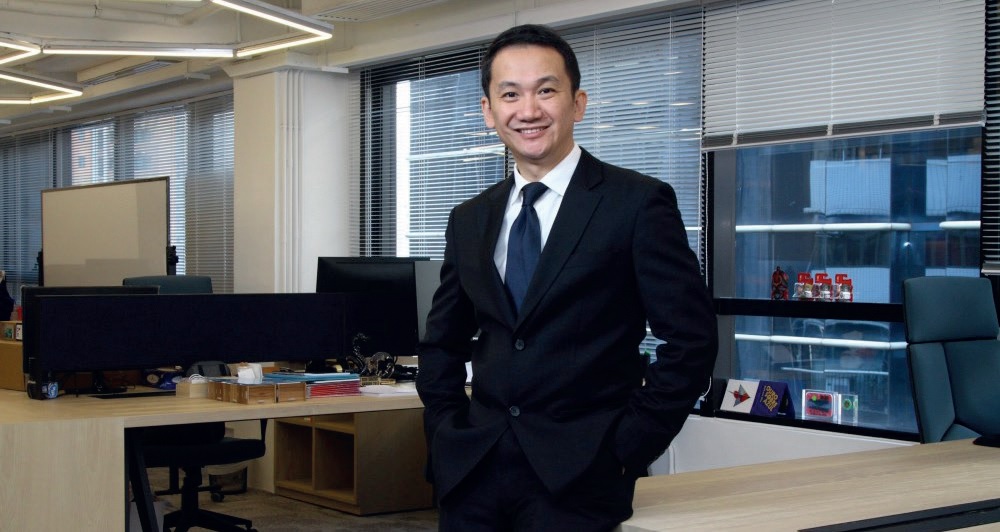Are you on a clear path to profitability?
The Importance of a Clear Business Model
Whether you’re a seasoned entrepreneur or just starting out, understanding the importance of a clear business model is crucial. It’s the blueprint that sets the tone for your goals and dictates how your company will pursue them. We will explore why a well-defined business model is essential for directing your business towards its objectives and ensuring long-term success.
Understanding Different Business Models
Harvard Business School professor Clayton Christensen has extensively identified three primary business models that dominate the modern landscape. They are...Professional Services: This model includes firms like legal practices and accounting agencies, where expertise is the primary offering.
Value-Added Resellers: Examples include manufacturers, such as a factory making iPhones or a software company developing games. Giants such as Tesla and Apple also fit here, albeit with multiple models under one roof.
Platform Businesses: These businesses, like Uber, Airbnb and eBay, thrive on information asymmetry by connecting different user groups that benefit from each other.
By identifying which of these models resonates with your vision, you can refine your strategy and concentrate on the actions that will lead to success. If your business doesn’t align with any of these three models, it’s crucial to reevaluate your business plan. This ensures that you’re operating a viable business with a clear path to profitability, rather than pursuing a personal hobby under the guise of entrepreneurship.
The Art of Pricing
Many entrepreneurs fall into the trap of pricing their products based on cost alone. However, the price should reflect the value delivered to the customer. Take the iPhone: Its production cost is just a fraction of its market price, which is justified by the value and status it offers to consumers. Beyond mere functionality, it represents a lifestyle and can sometimes exert social pressure.
Interestingly, the most successful pricing model might just be offering services for free. Google, one of the world's most profitable companies, provides its core services at no charge, creating value in alternative ways.
The Power of Pivoting
In a rapidly evolving marketplace, agility is a prized asset. Businesses must stay attuned to the ‘signals of change’—the subtle, yet clear indicators that it’s time to pivot for greater success. Pivoting doesn't necessarily mean overhauling your entire business model; it’s about making strategic adjustments in response to market demands, technological advancements or emerging trends.
Take the journey of Instagram. It began as a whiskey-lover’s check-in app called Burbn. Recognizing the growing popularity of photo-sharing over check-ins, the founders pivoted to create what is now one of the world’s most-used social media platforms. Similarly, Duolingo’s story is one of strategic adaptation. Starting as a free, language-learning app for students, Duolingo tapped into a new revenue stream by identifying a need for English-proficiency certification. Its establishment of a remote English test has become a significant source of income, reflected in its impressive market capitalization upon listing on NASDAQ.
These examples underscore the necessity of remaining flexible and responsive to the changing business landscape. By staying vigilant and ready to pivot, you can capture new opportunities and steer your business toward even greater heights.
Building a Future-Proof Business
As we’ve explored, a clear business model not only provides a roadmap to your goals but also underpins the
resilience of your enterprise. Different business models serve different purposes and your pricing strategy should reflect the unique value you offer. Moreover, maintaining a mindset open to pivoting can lead to breakthroughs that propel your business forward.
In closing, remember that the process of building a resilient business model is continuous. It’s about setting a solid foundation, staying adaptable and always being ready to pivot towards better opportunities. By doing so, you can ensure that your business not only survives but thrives—no matter what the future holds.
ABOUT RAYMOND CHAN
Raymond is a software engineer by profession with a track record in corporate innovation and entrepreneurship. He co-founded two prosperous startups, TGG Interactive and Global Gaming Group in Asia, where he served as director and CEO to lead the customer intelligence and electronic gaming businesses from 2007 to 2018. Earlier in his career, Raymond was a founding member of the business intelligence team at E*TRADE from Morgan Stanley and played a pivotal role in designing the TiVo customer intelligence system in Silicon Valley.































